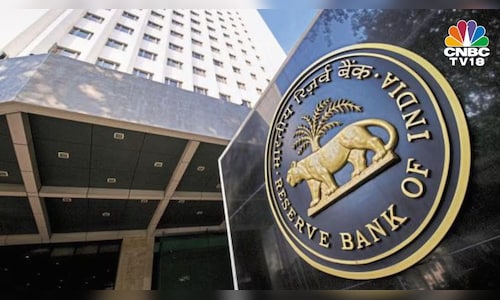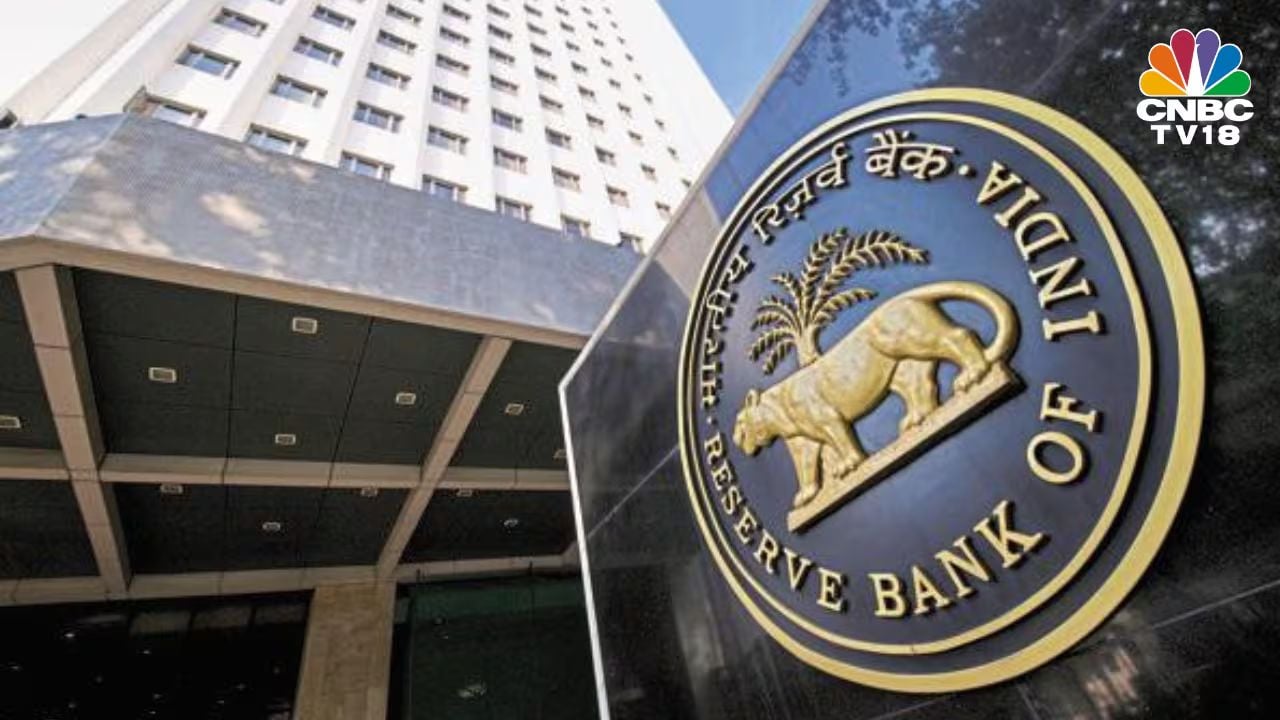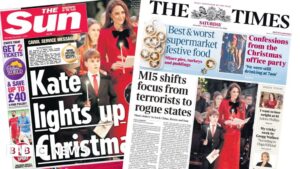

“The markets will have to navigate significant developments over the next two months,” he said, adding that bond yields are likely to hover between 6.7% and 6.8% in the interim.
The RBI, in its latest monetary policy review, reduced the Cash Reserve Ratio (CRR) from 4.5% to 4%, a move aimed at injecting liquidity into the financial system. While this cut offers some relief, the central bank kept its benchmark repo rate unchanged, citing persistently high inflation levels.
Governor Shaktikanta Das emphasised that with inflation still exceeding the 6% Consumer Price Index (CPI) ceiling, a rate cut is not feasible at the moment. He also pointed to tight liquidity conditions as a factor that could impede the effective transmission of any rate reductions.
However, the governor hinted at a potential rate cut in February, contingent on inflation moderating to around 4% by the second quarter of FY26.
Read Here | RBI MPC Inflation Update: FY25 forecast revised higher to 4.8%; Q1 CPI projected at 4.6%
Mridul Saggar, former Executive Director at RBI, pointed to notable growth downgrades, with risks skewed to the downside. He projected that if the second half of the year growth hits 6.7%, full-year growth could slip to 6.3%.
“Urban slowdown and sluggish credit growth present strong cases for monetary easing,” he said, but emphasised the prudence of deferring such moves amidst high inflation and uncertainties. Seasonal corrections in vegetable prices could help bring inflation below 5.2% by December, which would create space for policy adjustments.
Sonal Varma, Chief Economist for India at Nomura, expressed skepticism about the economy returning to a 7% growth trajectory.
She noted a slowdown in state government capital expenditure and anticipated an undershoot in the central government’s capex targets.
While festive demand in October offered a temporary boost, early indicators for November, such as subdued retail auto sales, suggest waning momentum. Her team’s nowcasting pegs Q3 growth at around 6.2%, below the RBI’s projection of 6.8%.
Read Here | RBI cuts Cash Reserve Ratio by 50 bps, a first after March 2020
The CRR cut has been welcomed by banks for its potential to ease liquidity constraints. C.S. Setty, Chairman of SBI, remarked that the additional liquidity would offer a slight boost to net interest margins (NIMs). “This measure will provide some relief, ensuring better margins,” he observed.
On addressing the issue of mule accounts, Setty underlined the collaboration between banks and the RBI Innovation Hub to leverage AI solutions. “Identifying and eliminating mule accounts is critical, and the system is working collectively on this initiative,” he added.
Also Read | RBI MPC Meeting: Repo rate left unchanged for 11th time; CRR cut by 50 basis points



